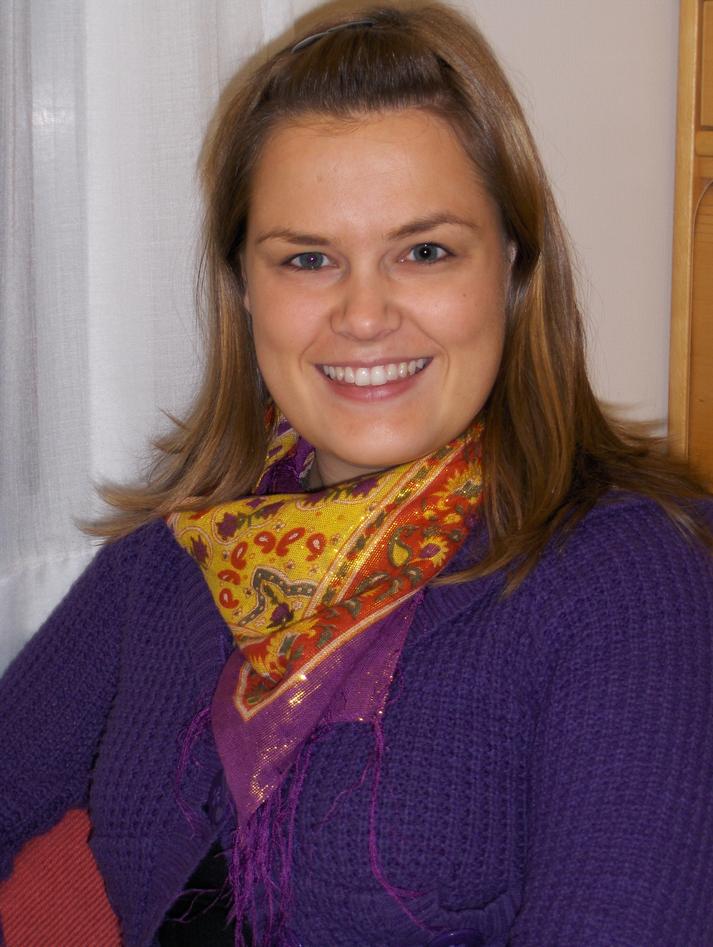International offensive from Faculty of Law
Every third student that graduated from the Faculty of Law in 2009 had studied abroad for a while. This is an increase of more than 450 percent since 2002 and the trend looks set to continue in 2010.
Hovedinnhold
Only 19 students spent some time abroad in 2002, whereas the preliminary estimate for 2010 shows that 111 law students spent at least one semester at a foreign seat of learning. 94 of the 265 candidates (35%) that completed a master’s degree in law in 2009 had spent some time abroad, studying.
This far exceeds the goal mentioned in the university’s strategic plan for 2005-2010, which states that at least 20 percent of all master’s degree students should spend some time studying abroad.
This is a gratifying development according to senior adviser Ingrid E. Tøsdal of the Faculty of Law.
- Internationalisation has for many years been an important area of commitment for the faculty, and we have arranged things so that it is easy for students to study abroad. The faculty has established agreements with several renowned universities and has left room in its study programme for exchange students, says Tøsdal who is responsible for coordinating the faculty’s student exchange.
So far, the preliminary numbers for 2010 show that nearly 600 UiB students opted to go abroad. This is 23 more than the previous year. Nearly 700 foreign students chose to study at UiB. This is 51 more than in 2009.
The 2010 numbers for international mobility at the other university faculties are not yet available.
International week
UiB’s International week opened yesterday, for the second year running. The number of students that opt to study abroad has doubled from 2003 to 2009, and the university wants to encourage even more students to study abroad for at least one semester.
- International week aims to inspire UiB students to broaden their international experience by studying abroad, says Eli Ertresvaag Zachariadis of the Division of Student Affairs.
Students get a new common deadline in 2011. There were originally four different ones. The new deadline is 1st February.
- A single deadline is easier and clearer. It will also be a more just system. Students will be able to apply for some of the more sought after university places at the same time, says Ertresvaag Zachariadis.
The faculties will arrange various events throughout the week.
Here is an overview of the various events.
It’s the second time for most of the faculties and it is the third time for the Faculty of Law.
- We arranged International Week for the first time in 2009. The Student Parliament snapped it up and suggested that the whole university should do the same, says Ingrid E. Tøsdal.
Stable exchange of law students
Between 2003 and 2007, there was a big increase in the number of law students opting to study abroad. In recent years the number has increased even more. It has now stabilized at around 110 to 125 students per year. Tøsdal is unsure whether or not more students will choose to study abroad as a result of International Week.
- I don’t know if it will have a much effect regarding numbers, but it’s important for students. They get more and better information. We invite our partners to come and hold lectures and to man information stands, so students can speak directly with the people that actually work where they will work, says Tøsdal.
The article is published on "News in English" in UiBs newspage På Høyden
|
Facts/ International mobility at UiB * The report from last May about international mobility in 2009 shows that UiB sends more students abroad than both UiO and NTNU. While there was a decrease in 2008, the 2009 figures showed an 11% increase from the previous year. * At the Faculty of Social Sciences (31%), Faculty of Psychology (28%) and the Faculty of Humanities (23%), the goal of 20% at bachelor level, was reached, while the Faculty of Mathematics and Natural Sciences (18%) is somewhat lower in 2009. Only Social Sciences and the Humanities reached the target figure in 2008. * At master’s level, the number of students that had studied abroad during their time at UiB, was 21% (26%) at the Faculty of Social Sciences, 15% (22%) at the Faculty of Humanities and 14% (12%) at the Faculty of Mathematics and Natural Sciences, for students who got MA-degrees in 2009 (2008 number in brackets). Very few studied abroad whilst studying for their master’s degree. * Among students who got their degree in 2009, the exchange percentage for the professions varied from 9% (8%) for dentistry and 14% (11%) for medical studies to 35% (23%) for law and 46% (34%) for psychology. All of the professions had an increase from 2008 (the number in brackets). * There was a small increase of 1.4% in the number of incoming students from 2008 to 2009 (part of study time at UiB). There was an increase of 53% in the number of incoming students from 2004 to 2009. * In 2009 there was a slight imbalance between the number exchange students wanting to study abroad and incoming students (518 out - 574 in). Source: The report - “International Mobility UiB 2009” |
